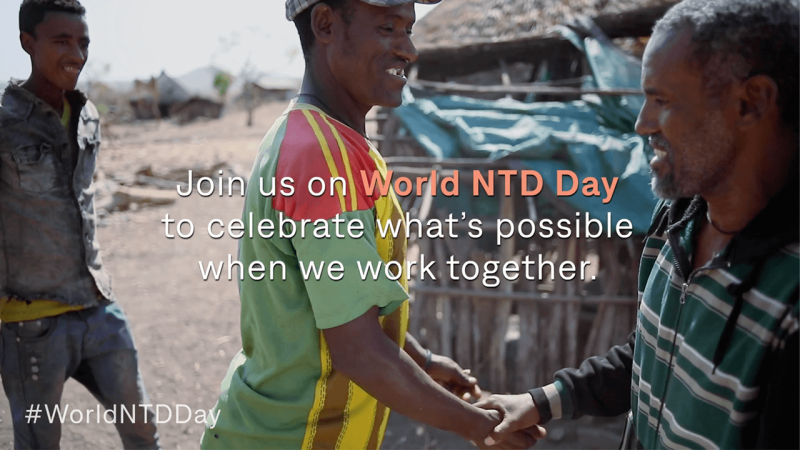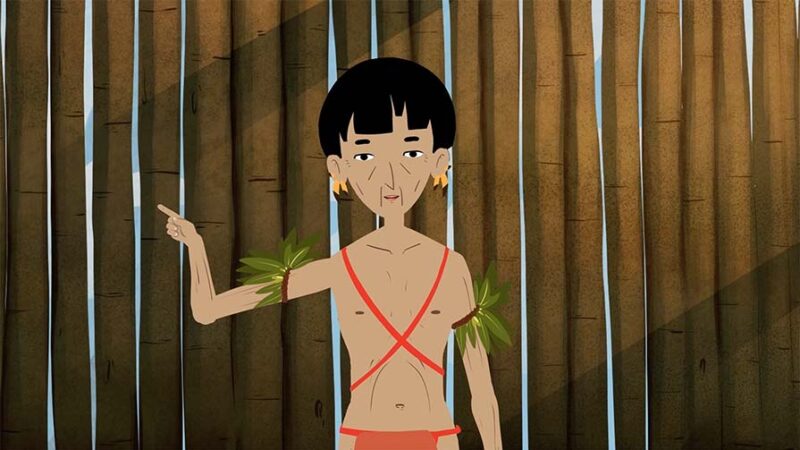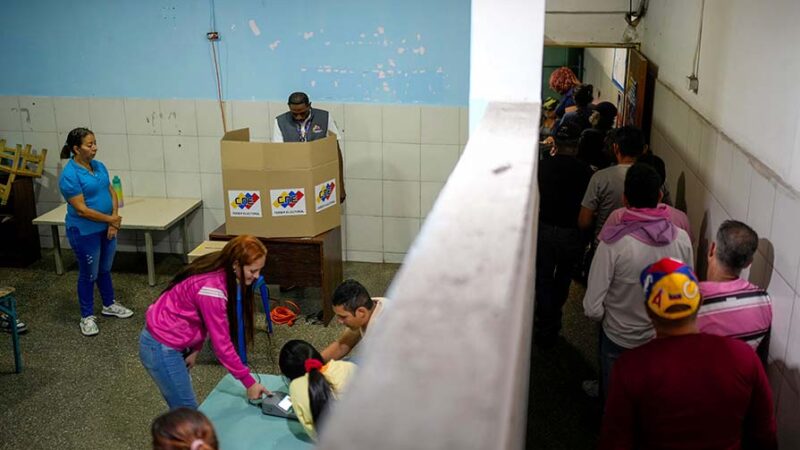Venezuela
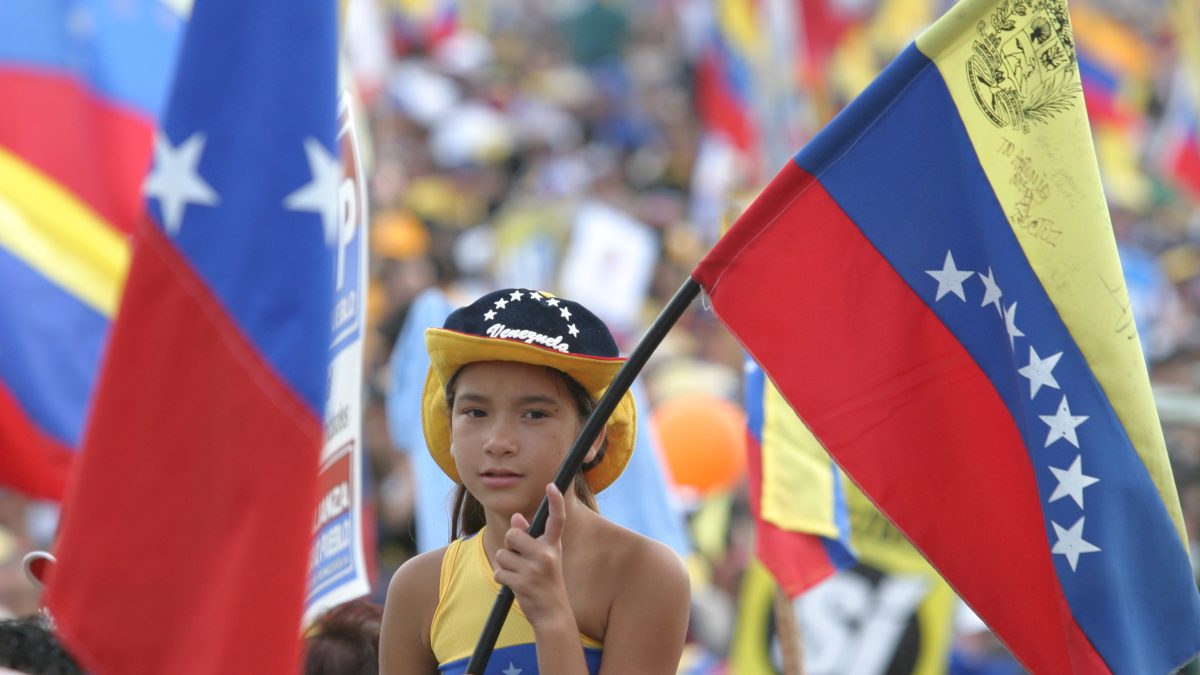
The Carter Center started working with Venezuelans in 1996 to help eliminate river blindness. We observed our first election there in 1998, and then continued to observe more elections, conduct media training, and undertake conflict resolution efforts to strengthen peace and democracy. Throughout the years, the Center has tried to address the widening chasm between the people in power and the opposition parties.
Short-term Goals
We continue our work to eliminate river blindness in the most remote areas of the country.
Impact
- Developed innovative approaches to reach nomadic communities in the most remote areas to combat river blindness
- Deployed expert missions over two decades, offering specific recommendations for electoral reforms
- Initiated a project in 2008 to strengthen professional journalism and encourage ethical, balanced, and accurate reporting
Carter Center Statement on Maria Corina Machado Receiving the 2025 Nobel Peace Prize
Final Report: Observation of the 2024 Presidential Election in Venezuela
Carter Center Statement on Venezuela Election
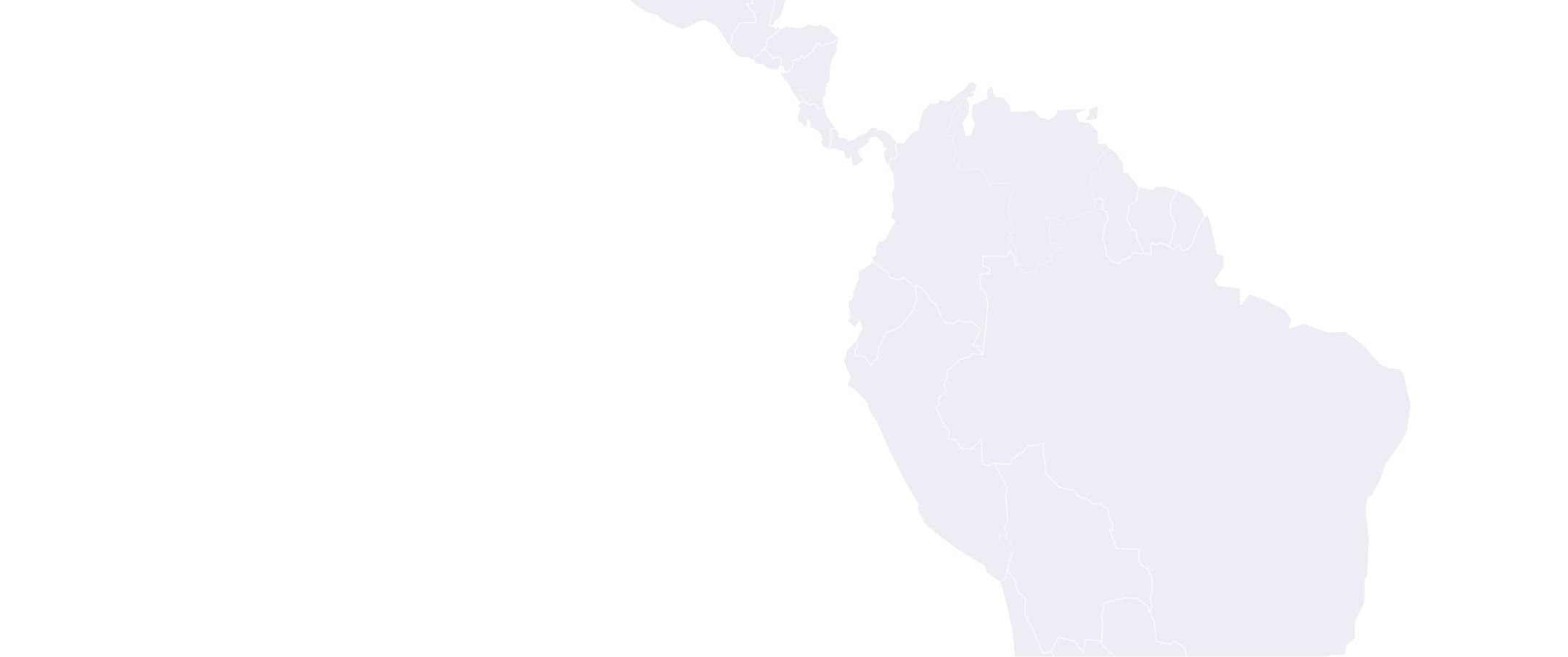
Explore Further
Global Impact Starts with You
Your support sustains the Carter Center's mission of waging peace, fighting disease, and building hope around the world.

